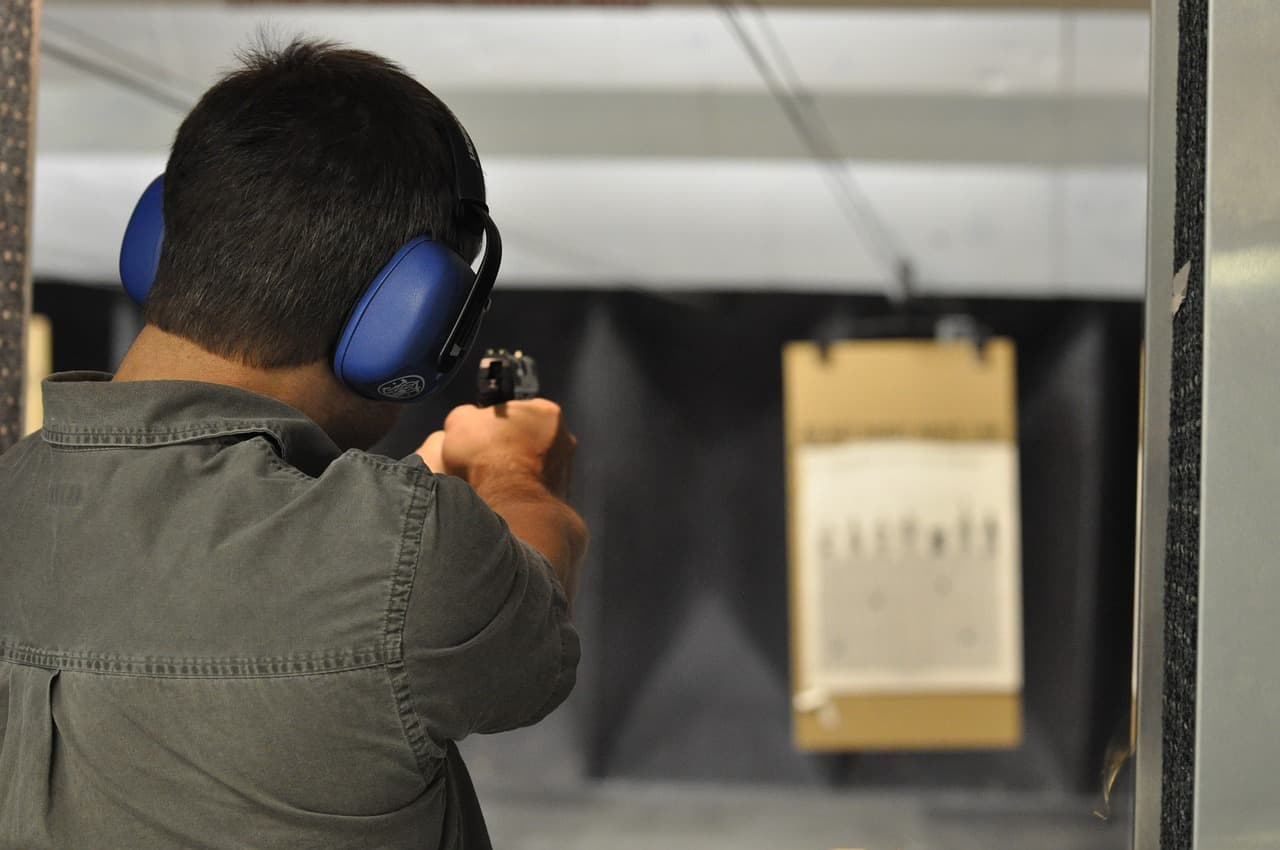Owning firearms is part of life for many Americans, which we can see in millions of people buying guns and pro-Second Amendment apparel annually.
If you are interested in self-defense and firearms, you may be interested to learn some of the facts below.
Firearms Are Widely Available, But Background Checks Are Required
Many countries have severe restrictions on their citizens’ abilities to own guns, but Americans generally have more access to firearms.
States are allowed to regulate firearms purchases, but if you are 21 or older and don’t have a felony on your record, you should be able to buy a gun for self-defense.
However, it’s a myth in some media sources that you can buy a firearm without a background check. Most firearms purchases are through federal firearms dealers, and all of these transactions must be preceded by a background check.
If you buy a gun online, you also have to have a background check before you can pick up the gun in your area.
The only time a background check may not be in effect is if one private person decides to sell a gun to another private person. Some states require background checks in these situations, but most don’t.
That said, you may want to have a background check done if you sell a firearm from your collection to a stranger. If that person uses the gun in a crime, it could be traced back to you.
Choose A Reliable Handgun
When you choose a handgun for personal defense, it must be reliable. When you pull the trigger, it should shoot every time. If you purchase a semi-automatic, you should check that it reloads after firing with 100% certainty. It won’t help you in a self-defense situation if it jams when you need it most.
Also, you should check if the pistol fires accurately and consistently with a hollowpoint round; this is a common choice for self-defense.
Not every handgun has this kind of reliability when you first buy it. So it’s vital to break your gun in by firing several hundred rounds through it when you first get it.
Then, remember to have regular defensive handgun training, so you know how to draw and fire it accurately if you ever face an attacker or intruder.
A Larger Handgun May Be Easier To Shoot
Sounds counter-intuitive, right? But experts note that if you have two handguns of the same caliber, the heavier and bigger one has less recoil. It’s just a matter of physics; the weight of the bigger weapon offers more inertia when you fire it.
Some new shooters buy a large caliber handgun, such as a .357 and are surprised when it’s easier to shoot than a lightweight .38 caliber. Some may even shoot the .357 more because it’s easier on the hand.
Just remember to try out every gun you are thinking about buying to see how easy it is to fire.
Select The Right Holster
After your firearm, choosing the proper holster is one of the vital choices you’ll make. This is especially the case if you are going to carry your gun for self-defense.
The best holster should be easy and comfortable to wear. It also should be made from a rigid, inflexible material that shields the gun from harm.
While many people like leather, other holsters are becoming popular. Whatever your choice, make sure that it fits you and your firearm before you buy it. Nothing is more important than being able to draw your gun under duress, so spend time when purchasing your holster.
Remember these gun and self-defense tips, and you’ll be more likely to shoot often and accurately.
